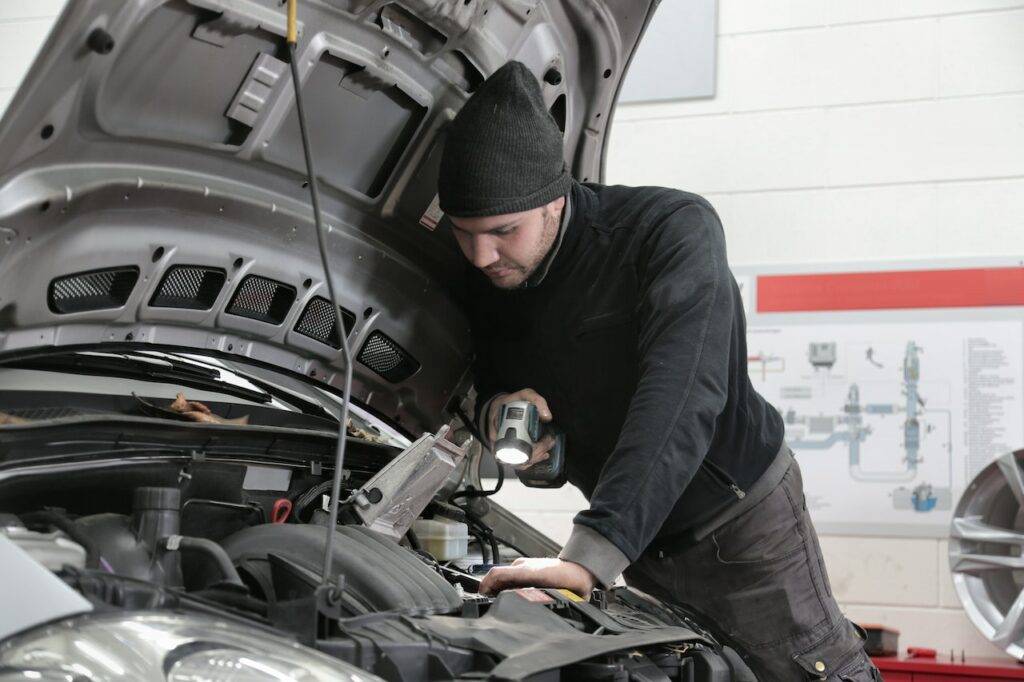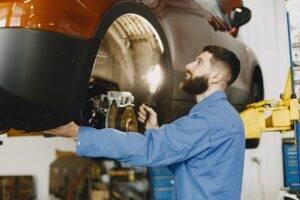Your car is an integral part of your life and keeping it running smoothly is crucial. Not only will it last longer, but it will also run more efficiently, saving you money on fuel costs. One way to keep your car in good shape is to get regular tune-ups. But how do you know when your car needs a tune-up?
Here are a few signs to watch out for:
- Your car is due for a service: Most cars these days have a service interval indicator (SII) or maintenance minder that tells you when the vehicle is scheduled for a service. It is usually based on mileage or time, whichever comes first. So, if you’ve hit the mileage mark or it’s been a certain number of months since your last service, it’s time for a tune-up.
- You’re experiencing performance issues: If your car is starting to feel sluggish or isn’t performing as it used to, it may be time for a tune-up. That is especially true if you’ve noticed a decrease in fuel economy.
- Your check engine light is on: If your check engine light is illuminated, it’s definitely time for a tune-up. It could indicate a serious problem, so it’s best to take your car in to be checked out as soon as possible.
- You hear strange noises: If your car is making strange noises, this could be a sign that something is wrong. Bring your vehicle in for a tune-up so a mechanic can take a listen and diagnose the problem.
- You’re due for an emissions test: If your car is due for an emissions test, it’s a good idea to get a tune-up beforehand. It will help ensure your vehicle passes the test and runs as efficiently as possible.
What Happens during a Car Tune-Up?
A car tune-up is a regular service appointment where your vehicle’s engine is inspected and serviced. During a tune-up, your mechanic will check your engine’s performance and make any necessary adjustments. It is also an excellent time to replace any worn-out parts.
A tune-up typically includes:
- Checking and replacing the spark plugs
- Checking the air filter
- Checking the engine’s timing
- Checking the fuel system
- Checking the emission control system
A tune-up can help improve your engine’s performance and fuel efficiency. It can also help prevent major engine problems down the road. It is important because it can help identify potential issues early on before they become more serious and expensive to fix.
They can also help improve your car’s performance and fuel economy. Depending on your car’s make and model, it may need a tune-up every 30,000 miles.
If you’re due for a tune-up or experiencing any problems with your car, bring it to a qualified mechanic for service.
Conclusion
It is critical to know when your car is due for a tune-up to keep it running properly. A tune-up includes various maintenance tasks that should be performed periodically. These tasks include changing the oil, checking the tire pressure, and inspecting the brakes. By keeping up with these maintenance tasks, you can help to avoid more serious problems in the future and keep your car running at its best.
If you’re searching for a reliable auto repair shop in Surrey, look no further than Grace Automotive. With over 25 years of experience and services backed by NAPA Peace of Mind Warranties, you can rest assured that your car is in good hands.



